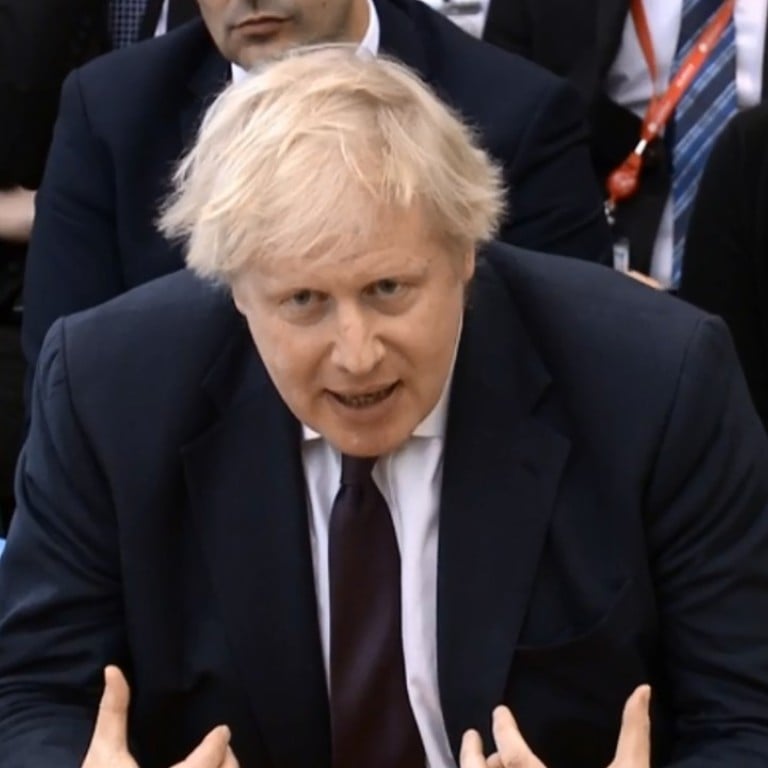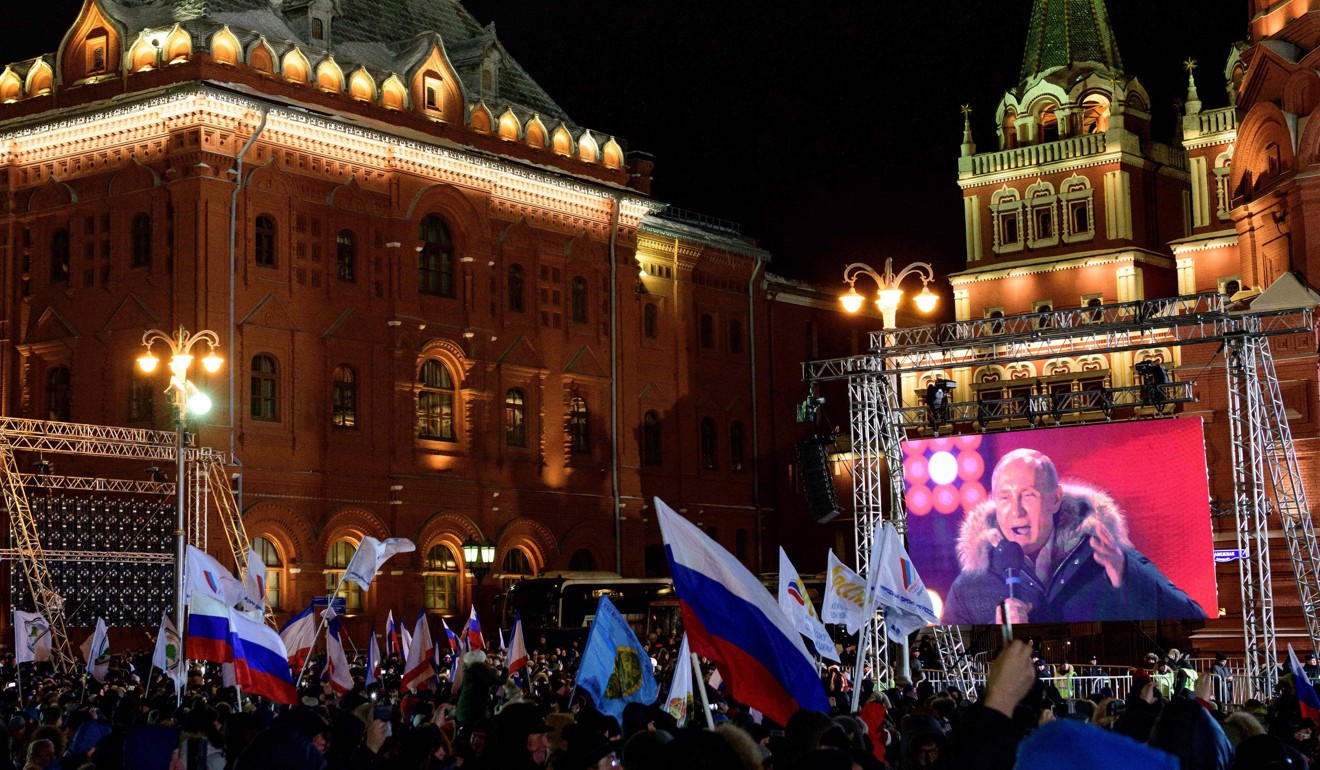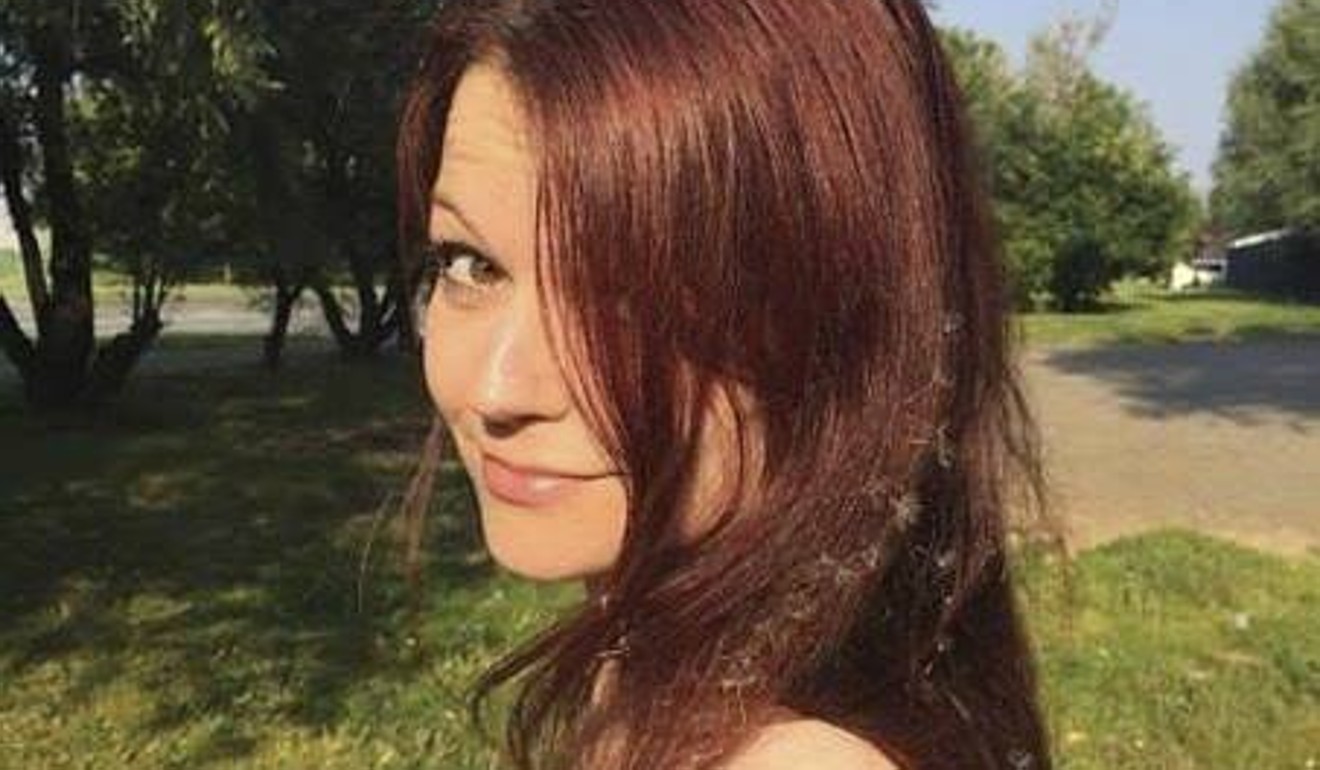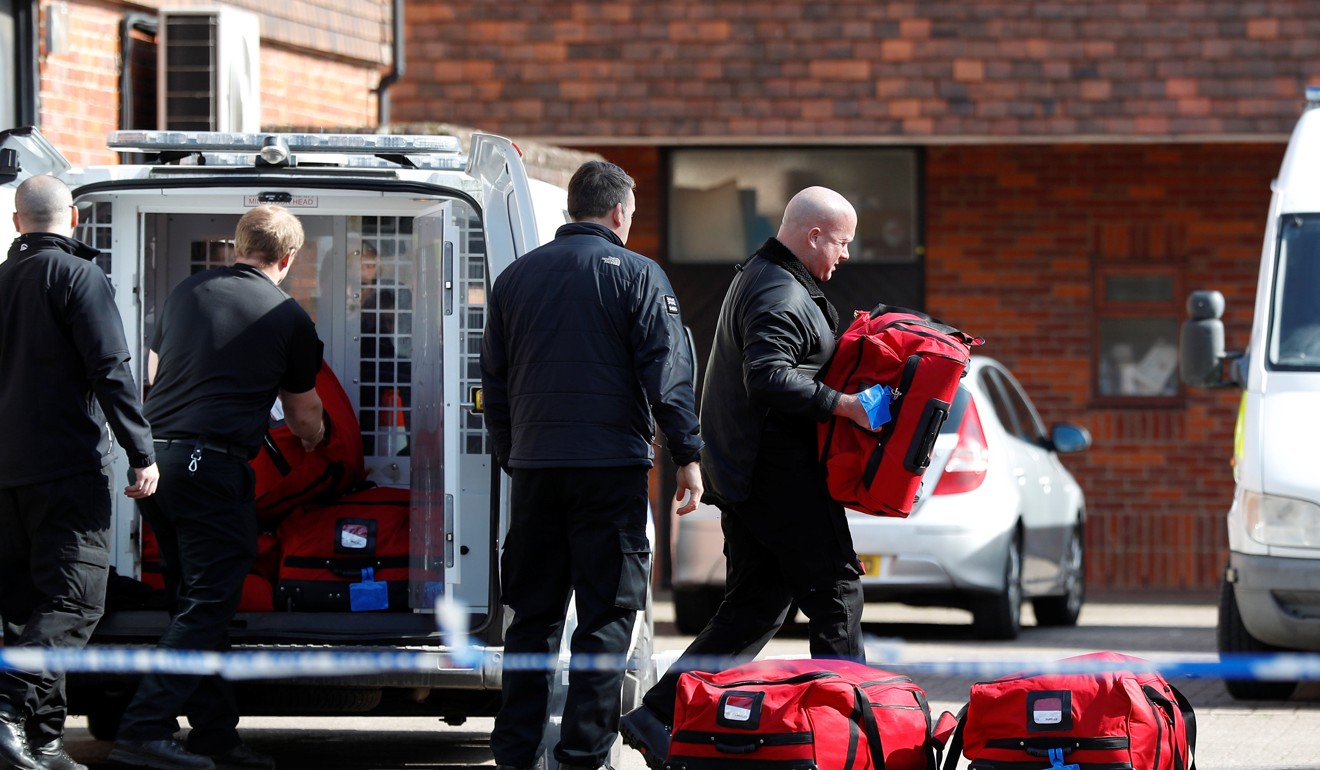
UK Foreign Minister Boris Johnson compares Vladimir Putin’s World Cup to Adolf Hitler’s 1936 Olympics
The UK’s Foreign Minister, Boris Johnson, has likened the upcoming soccer World Cup in Russia to the 1936 Olympic Games – and Russian President Vladimir Putin to Adolf Hitler – during the ongoing breakdown of UK-Russia ties.
Johnson, a Conservative, was speaking to the all-party foreign affairs select committee when Labour MP Ian Austin, called for the UK to pull out of the World Cup altogether, saying: “Putin is going to use it in the way Hitler used the 1936 Olympics.”
Johnson replied: “I think that your characterisation of what is going to happen in Moscow, the World Cup, in all the venues – yes, I think the comparison with 1936 is certainly right.”
He said he did not think it would be fair to the English team to ban them from competing, but did suggest that the UK will need to advise English soccer fans not to travel to Russia for their own safety.

In response, Russia’s foreign ministry spokeswoman said on Wednesday that Johnson was poisoned with hatred and anger, and that she found it frightening he represents a nuclear power.
Johnson’s warning came as Anglo-Russian relations plummeted in the wake of the poisoning of Sergei Skripal, the former Russian agent attacked in Salisbury, England, alongside his daughter Yulia.
Johnson revealed the number of fans currently expected to travel to Russia are about a quarter of the number who travelled to watch England in Brazil in 2014.
UK is plotting to hide and destroy facts about poisoning says Russia
He said only 24,000 people had bought tickets, as opposed to 94,000 at the same point in the run-up to Rio.
He also revealed the British diplomat responsible for liaising with UK fans had been expelled as part of diplomatic tit-for-tat expulsions that began when Britain ejected 23 Russian diplomats, and continued when Russia did the same to British envoys.
Russia is also closing the British consulate in St Petersburg, restricting the ability of the UK embassy to help visitors in the event of violence.

Johnson said he would be seeking urgent assurances from Russia that it would fulfil its obligations under the World Cup contract to ensure the safety of fans.
“I think it is up to the Russians to give us an undertaking that they will be safe,” he said.
Both Russia and England have a history of violent soccer fans, but the prospect of fierce fighting between the two sets of fans is increased by the atmosphere of political tension between the two countries.
Austin described Putin as a KGB thug who had enriched himself. Johnson added he did not believe Putin had been elected in a free and fair election, adding there had been no competitive choice.
Russian diplomats expelled over poisoning leave London embassy
Johnson again rejected Moscow’s assertion that it had nothing to do with the attack on Skripal and his daughter on 4 March.
He said: “No matter how exactly it came to be done, the pathway, the chain of responsibility seems to me to go back to the Russian state and those at the top.”
The foreign office also seized on a Russian admission that it would not accept the results of an inquiry into the source of the poison being undertaken by the Organisation for the Prohibition of Chemical Weapons, insisting it wanted a joint inquiry with the UK.

Asked why Moscow would feel it could carry out such an attack, he said: “It was a sign that president Vladimir Putin, or the Russian state, wanted to give to potential defectors in their own agencies that this is what happens to you if you decide that you support a country with a different set of values such as our own: you can expect to be assassinated.
“I think the reason that they picked the United Kingdom is very simple: it’s because this is a country that does have that particular set of values, it does believe in freedom, and in democracy and in the rule of law, and has time and again called out Russia over its abuses of those values.
“As many non-democratic figures do when facing an election or facing some critical political moment, it is often attractive to conjure up in the public imagination the notion of an enemy.
“And that is what it was an attempt to excite among the Russian electorate.”
Johnson added: “The boundaries of Moscow’s dominions have been rolled back and I think Vladimir Putin feels that very keenly and he feels Russia lost out, so he wants to cause trouble wherever he can.”
This story contains additional reporting by Reuters.

